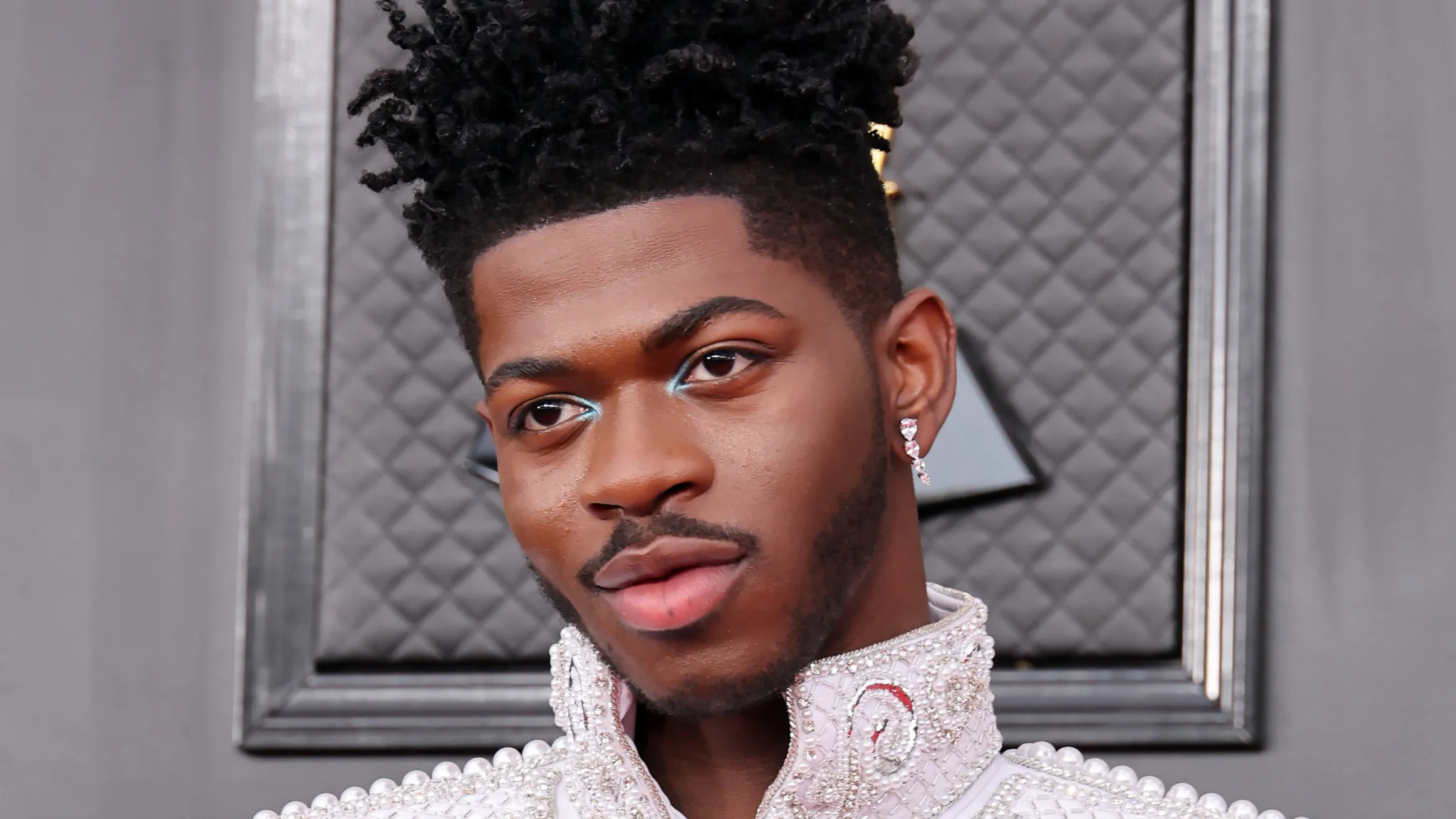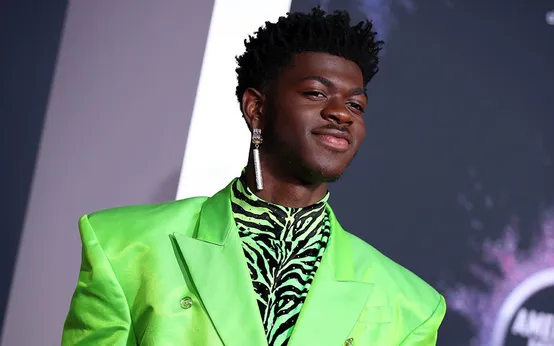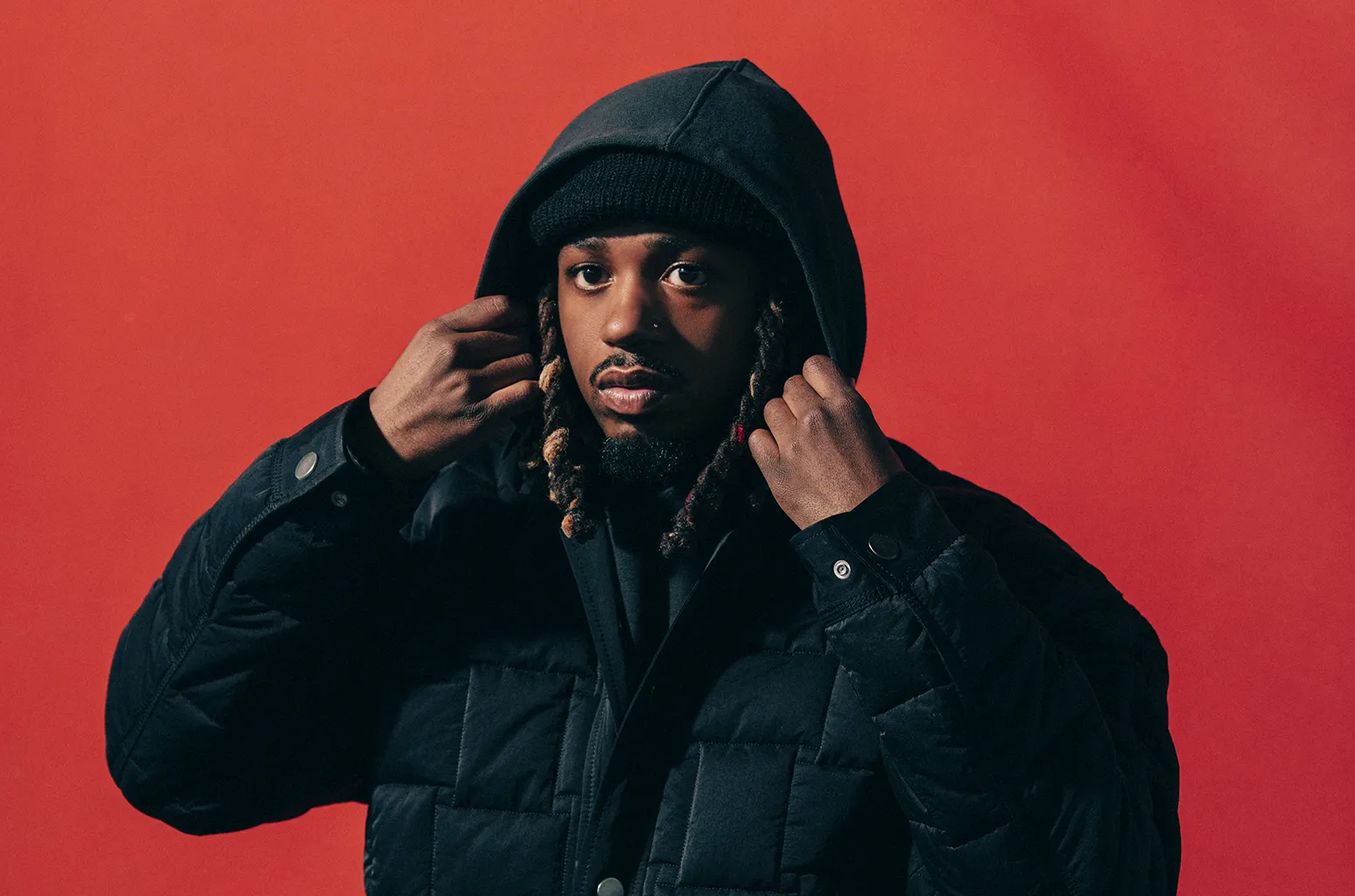

Lil Nas X’s legal battle has many hidden twists concerning Black communities
The name Lil Nas X has become synonymous with creativity, bold self-expression, and chart-topping hits. Yet in recent months, the Grammy-winning rapper has made headlines not for his music, but for a highly publicized legal battle that has stirred heated debate. Following his August 21 incident in Los Angeles, the rapper faces four felony charges, sparking conversations around the controversial prosecutorial practice known as charge stacking.
For many observers, the case has become about more than just one celebrity’s missteps. It is highlighting how charge stacking works, why it matters, and how it disproportionately impacts Black defendants in the United States. This article takes a detailed look at what happened with Lil Nas X, what charge stacking really means, and why his legal battle may be an important moment for awareness and reform.
What Happened on Ventura Boulevard?
In August 2025, footage surfaced showing Lil Nas X walking unclothed along Los Angeles’s Ventura Boulevard just before sunrise. As he strolled, he was heard rapping lines from Nicki Minaj’s verse in Kanye West’s track “Monster.” The bizarre scene raised eyebrows, but what truly shocked many was what followed.
Authorities claimed that the rapper, whose real name is Montero Lamar Hill, resisted arrest and allegedly assaulted police officers. He was subsequently charged with four felony counts:
-
Three counts of battery with injury on a police officer
-
One count of resisting an executive officer
While the charges are serious, critics argue that they reflect overcharging or charge stacking, a strategy prosecutors use to file multiple charges from a single incident.
Defining Charge Stacking
So what exactly is charge stacking? At its core, it’s when prosecutors file multiple criminal charges against a defendant for the same event. Instead of charging a single offense, they “stack” charges to increase potential penalties.
For example, if someone steals multiple items in one shoplifting incident, prosecutors could technically charge one theft count per item. In drug cases, a single situation might lead to charges for possession, intent to distribute, and trafficking all at once.
According to legal analysts, charge stacking doesn’t require proof beyond a reasonable doubt at the early stages. It simply requires that prosecutors believe there’s a plausible basis for the charges. The result? Defendants often feel pressured to accept plea deals instead of risking trial with stacked charges.
Why Prosecutors Use Charge Stacking
Legal experts say prosecutors often pursue charge stacking because it strengthens their leverage. By stacking charges, they create a scenario where defendants face extreme potential sentences, pushing them toward plea bargains.
In fact, a Harvard Law Review study found that conviction rates climb dramatically when multiple charges are filed. With one federal charge, conviction rates are around 82%. When five or more charges are stacked, conviction rates soar to 91%.
This approach is not limited to federal cases; state courts are known to pursue stacked charges even more frequently. As one legal scholar put it, the practice allows prosecutors to “divide crime and multiply punishment.”
The Impact on Black Communities
The debate surrounding Lil Nas X’s case cannot be separated from larger conversations about race and the criminal justice system. According to civil rights advocates, Black Americans are disproportionately affected by charge stacking.
The NAACP has spoken out strongly against the practice, warning that it often pressures defendants—sometimes even innocent ones—into guilty pleas to avoid facing harsh “trial penalties.” In 2019, the NAACP passed a resolution condemning charge stacking across all levels of government, emphasizing how it magnifies existing racial disparities.
Alaizah Koorji, senior counsel at the NAACP Legal Defense and Educational Fund, noted that Lil Nas X’s case is “extremely punitive” given the charges and potential jail time. She argued that it highlights how every stage of the legal process—from arraignment to jury decisions—can reflect anti-Black bias.
Lil Nas X’s Response and Legal Defense
Following his arraignment on August 25, Lil Nas X pleaded not guilty to all four charges. He was released on $75,000 bail, with conditions that included attending Narcotics Anonymous meetings or participating in outpatient treatment.
His lawyer, Christy O’Connor, described the charges as “an aberration” in her client’s life, pointing out that nothing like this has ever happened to him before. She emphasized that while the allegations were serious, they did not represent a pattern of behavior.
The rapper himself later addressed fans via Instagram Stories, calling the experience “terrifying” but reassuring supporters that he was going to be alright.
Charge Stacking as a Broader Justice Issue
While Lil Nas X’s fame draws unusual attention to his case, the issue of charge stacking extends far beyond celebrity culture.
-
Plea Pressure: By stacking charges, prosecutors can intimidate defendants into pleading guilty.
-
Longer Sentences: Defendants face the risk of disproportionately long prison terms if convicted.
-
Systemic Inequality: Since Black Americans are more likely to be arrested and charged in the first place, they are more likely to face stacked charges.
-
Mental Health Concerns: In some cases, such as Lil Nas X’s, the incident may involve a possible mental health crisis, raising questions about whether police intervention was the right response.
Advocates argue that reform is needed to prevent overcharging practices and to provide better alternatives—such as involving social workers or mental health professionals—in cases where someone appears to be in emotional distress.
What This Case Could Mean Moving Forward
The outcome of Lil Nas X’s legal battle is uncertain, but the attention it brings to charge stacking is significant.
-
Legal Reform Conversations: Cases like this may add momentum to calls for reform, particularly among organizations like the NAACP and criminal justice reform groups.
-
Public Awareness: The case has already sparked viral conversations online, with many questioning why four felony charges were necessary for a single incident.
-
Celebrity Influence: As a high-profile figure, Lil Nas X’s case could shine a brighter spotlight on the practice, encouraging wider discussions about fairness in the justice system.
Conclusion
The Lil Nas X legal battle is about much more than one artist’s missteps. It sheds light on the controversial practice of charge stacking, raising urgent questions about fairness, racial disparities, and how justice is pursued in America.
For some, the case illustrates how the system can feel stacked against defendants from the start. For others, it highlights the need to rethink how law enforcement responds to incidents involving possible mental health or substance-related struggles.
Regardless of the outcome, Lil Nas X’s case is sparking important conversations about justice, equality, and reform. And in doing so, it may push more people to reconsider how the U.S. legal system should operate when it comes to balancing accountability with compassion.




















